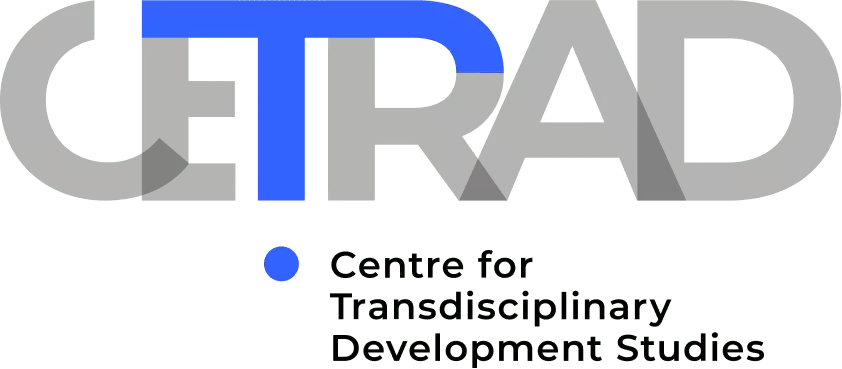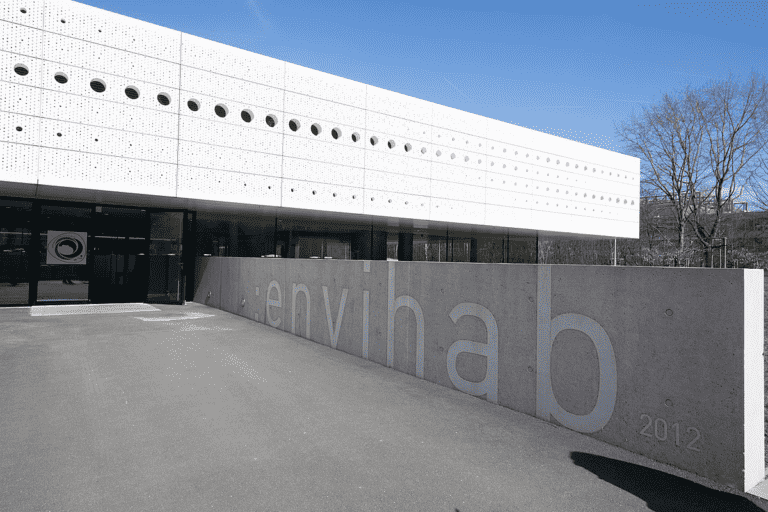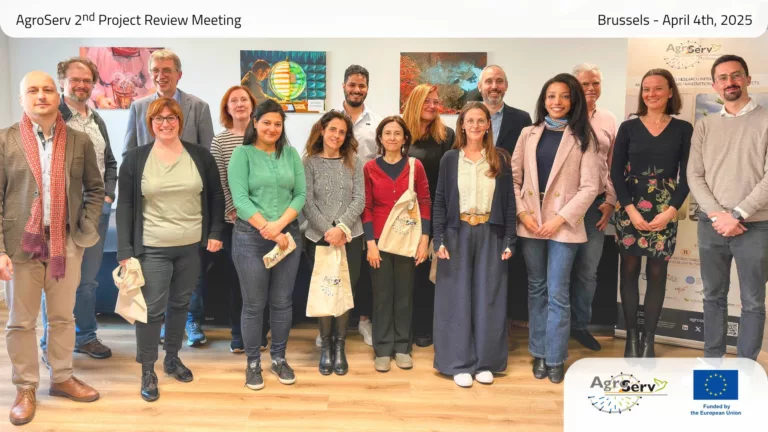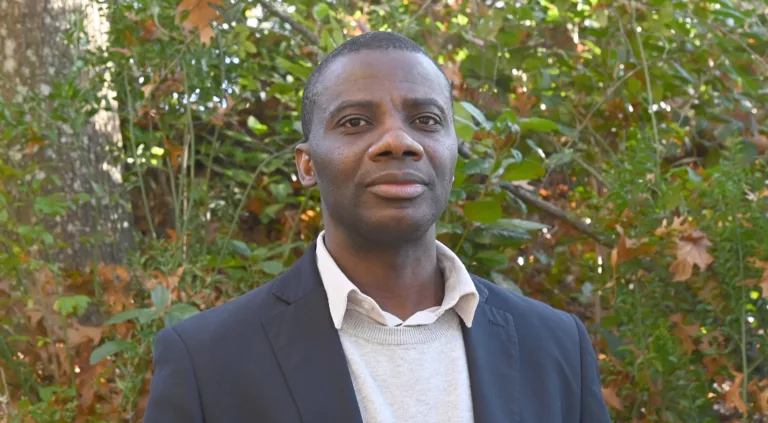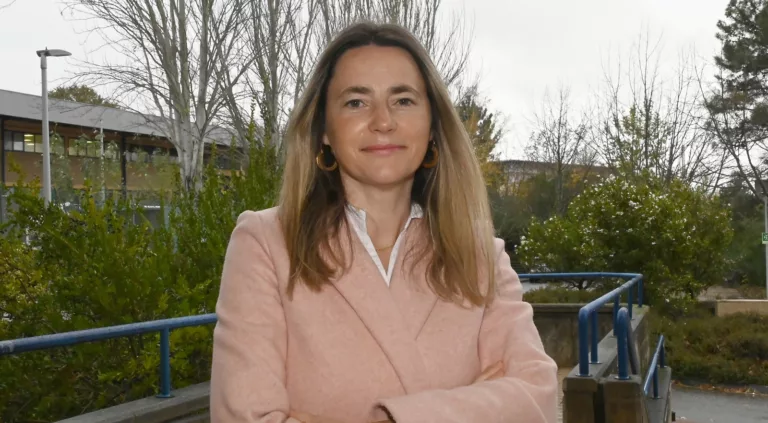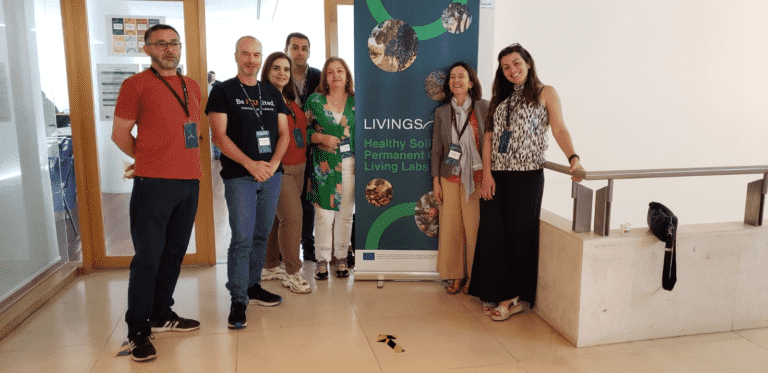AgroServ – Integrated SERVices supporting a sustainable AGROecological transition (https://agroserv.eu/)
The contribution of Social Sciences (SOC) to the AgroServ project (visit https://isia.cnrs.fr/catalog/service/list/agroserv)
European scientific infrastructures are called for the Horizon research funding framework to accelerate agroecological transitions through the creation of novel knowledge and its delivery as services to a diversity of users, including researchers, SMEs, farmers, farm advisors, agrifood-related organisations, biotech companies, policymakers, and the general public at large. Creating and delivering a wide catalogue of integrated and customised services, as planned by the AgroServ project, requires the engagement of scientists from manifold domains, including the social sciences (SOC). The SOCs embrace a series of disciplines and interdisciplinary studies dedicated to explaining human behaviour at multiple levels—from individual, groups, organisations, communities, markets, social movements, to entire societies—and to understanding how the diversity in social contexts influences and explains the heterogeneity of human behaviour at each of those levels. In the scope of sustainable agroecological transitions, SOCs are helpful at various levels, such as by shedding light on the synergies and trade-offs raised by the interlocking between the social and ecological systems or by understanding the cognitive burden of agroecological innovations.
Detailing the role of SOCs in the AgroServ project highlights four contributions:
- backing up and developing a multi-actor agroecology community by uncovering conflicting values and perceptions and facilitating the design of convergence roadmaps between different actors and stakeholders;
- filling in knowledge gaps and delivering socioeconomic services (WP21-TA7 Socioeconomics), such as the integrated assessment of different actors’ and stakeholders’ short- and long-run perceived costs and benefits, the assessment of agroecological transitions’ overall impact in rural communities, or the influence of risk and uncertainty on the actors’ decision-making processes;
- helping the design and implementation of the AgroServ living labs, bringing in expertise on the participatory and deliberative methods and techniques required to set in motion co-creation processes;
- facilitating societal readiness for agroecological innovations, understanding users’ and stakeholders’ expectations and promoting their engagement in the co-design of customised (place-based and value-chain adjusted) agroecological knowledge and innovation systems (KIS).
The bundle of socioeconomic services to be offered by AgroServ (WP21-TA7 Socioeconomics) include: cognitive mapping, stakeholder panels, surveys, hybrid modeling (using socioeconomic, socio-psychologic, and socioecological data), integrated assessment, life-cycle analysis (LCA), global value chain (GVC), and rural proofing.
